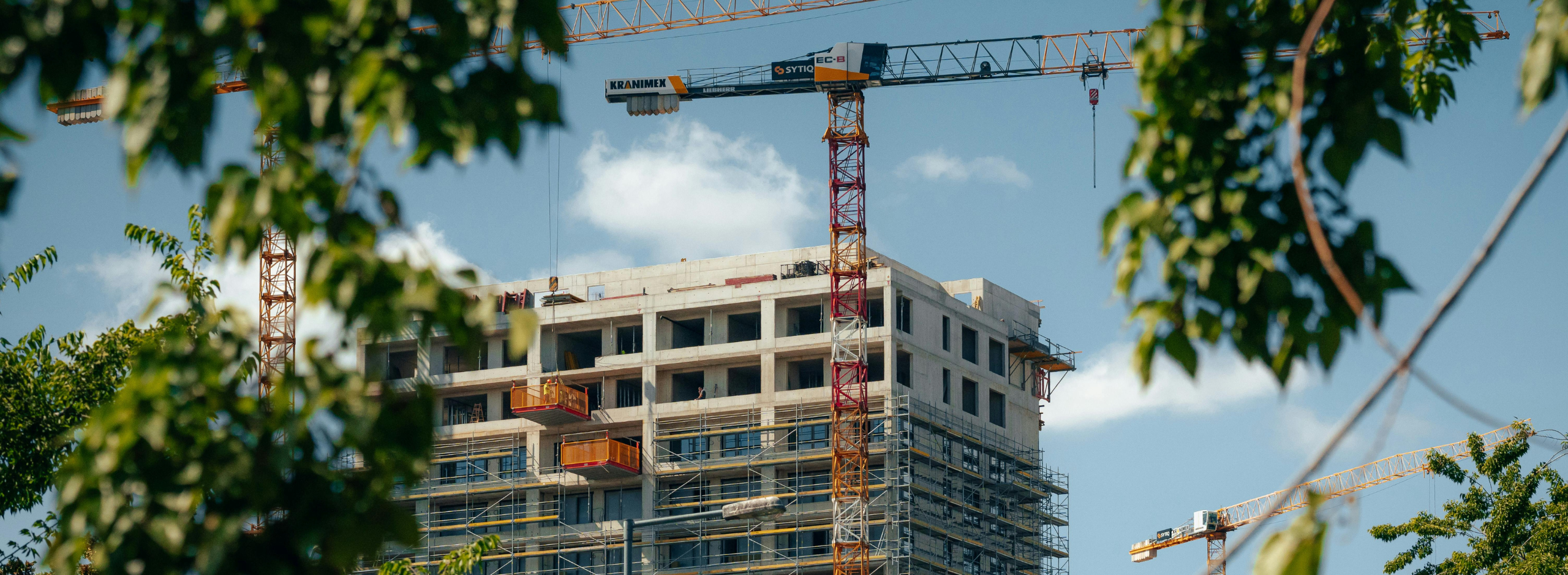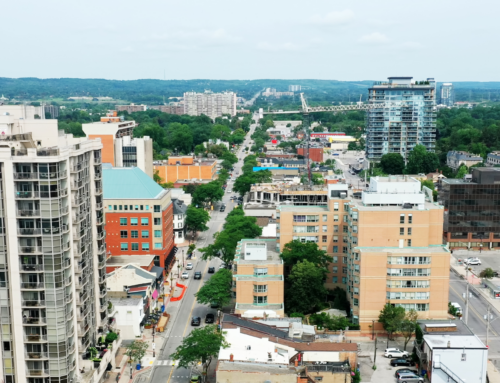The residential construction industry remains a cornerstone of Ontario’s economy, generating billions in economic activity, supporting tens of thousands of well-paying jobs, and driving growth through the skilled trades, manufacturing, and supply chain sectors. Yet, as population growth continues to surge, our region faces a housing supply crisis that demands coordinated, good-faith action across all levels of government.
Across southern Ontario, new housing starts have slowed significantly, while the need for attainable housing has never been greater. Hamilton alone is expected to grow from 590,000 residents today to more than 860,000 by 2046. To meet this challenge, the city must deliver tens of thousands of new homes, well beyond the province’s assigned target of 47,000. Similar pressures face Burlington and Grimsby, where limited land supply, high interest rates, and complex approval processes continue to constrain growth.
The provincial government’s Bill 17, the “Building a Better Ontario Act,” was introduced to help municipalities plan, zone, and deliver the housing needed to reach their provincially mandated targets. Its intent is clear: to streamline approvals, remove unnecessary barriers, and make municipalities accountable for achieving results. However, its effectiveness will depend on how municipalities choose to implement it. Rather than searching for ways to circumvent new housing policies, municipal leaders should embrace the opportunity to align local planning frameworks with provincial objectives. By leaning into the spirit of Bill 17, not merely the letter, cities can accelerate approvals, reduce costs, and bring more homes to market.
The province’s “Building Faster Fund” framework encourages municipalities to meet or exceed their annual housing targets or risk losing access to incentive programs. It is not a punitive measure; it is an accountability tool that rewards cooperation and measurable progress. Municipalities that have shown leadership, such as Burlington’s reduction of development charges, have already demonstrated that collaboration with industry can produce tangible results without compromising fiscal responsibility.
The West End Home Builders’ Association (WE HBA) continues to champion evidence-based policies that support housing supply and affordability across Hamilton, Burlington, and Grimsby. Key priorities include streamlining approvals, eliminating redundant studies and delays, modernizing zoning to encourage gentle density and missing-middle housing, supporting brownfield redevelopment to make efficient use of existing land, and promoting fair and predictable development charges tied directly to growth-related costs.
If municipalities, industry partners, and the province work together, guided by shared accountability and a commitment to results, we can restore balance to Ontario’s housing market. The solution lies not in finding loopholes, but in finding leadership. Brick by brick, through cooperation and action, we can build the homes our growing communities need and ensure that Hamilton, Burlington, and Grimsby remain vibrant, inclusive, and ready for the future.






